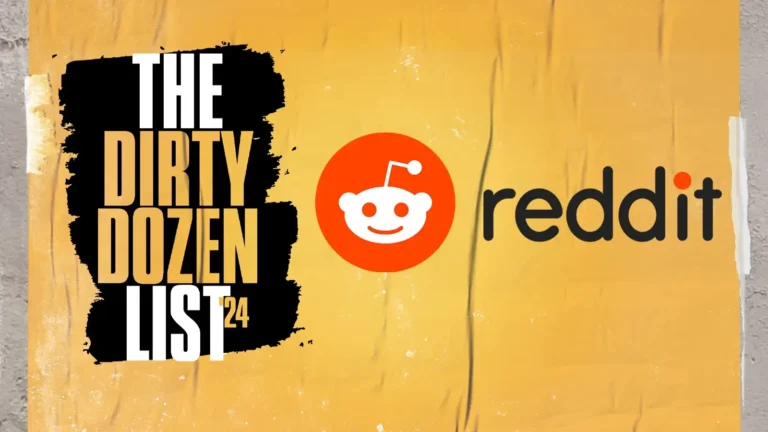EBSCO Sent NCOSE “Cease and Desist” Letter, but NCOSE Investigation Reveals Children Have Easy Access to Porn Through EBSCO Databases
Washington, DC (November 3, 2020) – Responding to a “cease and desist” letter from EBSCO Information Services, the National Center on Sexual Exploitation (NCOSE) has called on the company – a leading provider of research databases to public and private K-12 schools – to remove pornographic, sexually-explicit content from its primary and secondary school databases. Despite years of NCOSE pressuring EBSCO to clean databases accessed by minors, a recent NCOSE investigation has found that the widely-used EBSCO products still contain extremely graphic sexual content, live links to hardcore pornography and prostitution sites, eroticized stories, and even material that in effect advertises and promotes commercial sex and sex toys.
NCOSE rejects EBSCO’s demand to rescind various information about EBSCO in a blog posted on its website and asserts that the information about EBSCO in the blog is appropriate and truthful. NCOSE did make several edits to the blog to further clarify the extent to which EBSCO databases contain explicit material.
“After alerting EBSCO to pornographic content on its K-12 databases several times since February 2017, EBSCO assured us it would address these concerns – and in some instances, it did. We believed EBSCO was trying to improve its curation processes and training for school administrators. Fast forward to October 2020, and EBSCO sent us a ‘cease and desist’ letter for pointing out in a ‘Back to School’ blog that parents should be aware that problems still exist on EBSCO databases and their children may be at even greater risk to exposure during virtual schooling. After reviewing its letter, we investigated further and found that EBSCO K-12 databases contain even worse sexually-explicit and pornographic content than we had seen before. EBSCO now knowingly includes content that harms children and refuses to take any accountability for its faulty processes,” said Dawn Hawkins, senior vice president and executive director of the National Center on Sexual Exploitation. “EBSCO further uses deceptive marketing tactics, telling schools that its K-12 products are curated to be age- and curriculum-appropriate.”
“Parents are likely unaware that the databases their children are using for school purposes may expose them to explicit content of the worst kind. Even school administrators may be unaware given that EBSCO doesn’t adequately warn them that the content is so easily available on its systems.
“NCOSE is not the only organization or entity that has pointed out EBSCO’s failure to protect children — other investigations have been conducted, entire school districts and even the state of Utah have turned off EBSCO, a lawsuit was filed, and even a law to curb children’s access to explicit content through school databases was passed.
“EBSCO must change its systems to protect children immediately and stop trying to suppress the truth that its databases are not safe for children,” Hawkins said.
Read NCOSE’s response to EBSCO here.
About National Center on Sexual Exploitation (NCOSE)
Founded in 1962, the National Center on Sexual Exploitation (NCOSE) is the leading national non-partisan organization exposing the links between all forms of sexual exploitation such as child sexual abuse, prostitution, sex trafficking and the public health harms of pornography.




